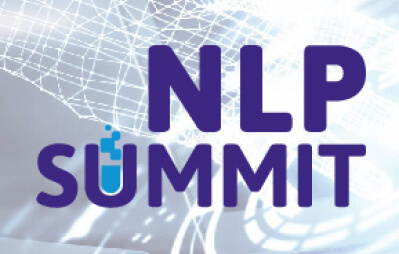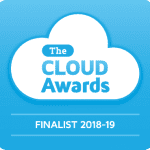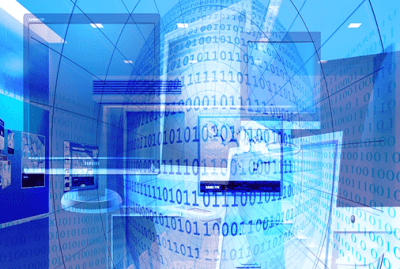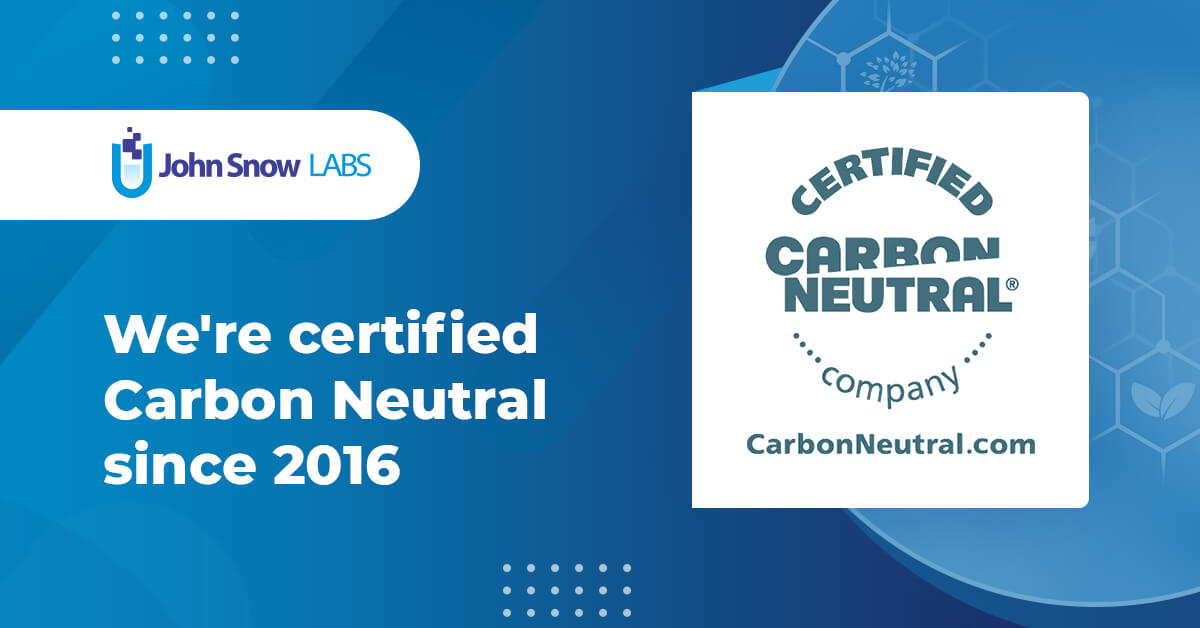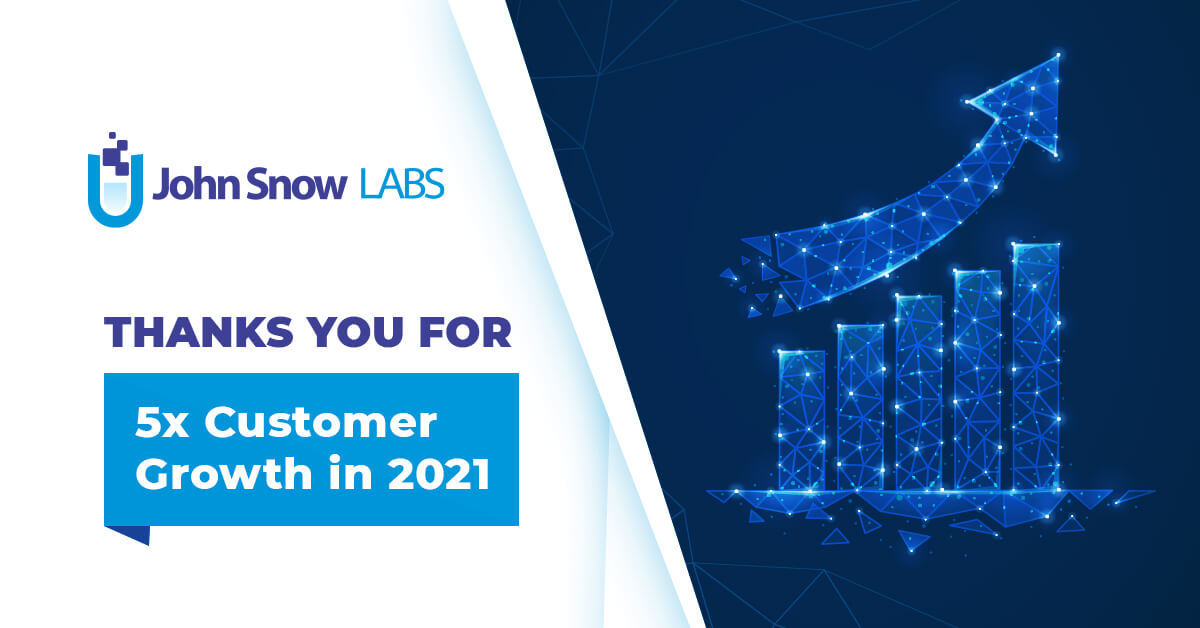The first decade of the new millennium saw the rise of the digital technology and its worldwide positive impact. Having said that, the digitalization has displayed some unforeseen and inexplicable issues. Thanks to being so well-connected, the world digital scene seems unbalanced and menacing beyond reasoning.
The conservative, tradition-driven system now depends on the global digital network, which is craving for a change to make a positive impact. Different catastrophes like hunger, poverty, and diseases suddenly appear from nowhere without any notice, amongst vulnerable part of the world’s population.
Frequently by the time we get aware of the potential dangers and humanitarian crisis, they are already beyond us. Luckily, the technologies that interconnect all, leaves behind a huge amount of data. This data offers the possibility to vindicate the aura of unstableness and indecisiveness that we face.
In today’s scenario, we are deep into the sea of digital data, that early on was not present, say some years down the line. The private sector has already made decisive inroads by analyzing data to observe the customer’s ever-changing needs. In next few years, there would be many challenges confronting the public sector. They would need to study the citizen’s exact needs by connecting to the gigantic reservoir of ‘data resource’, and be quick with accurate purposeful responses.
How Data Can Be A Force For Good
The comprehensive resources of available data online are created largerly by users that work on blogs, social media, structured open data and news etc. The most important data is the personal information data, ‘data exhaust’ or ‘massive passive data’. This data informs the companies about the customers’ needs such as, through what products & services they would do purchases and their methods of using digital services. Digitalization is the new world business order, as online users leave sufficient digital data online to be tapped by companies to capitalize.
Data philanthropy has enormous potential and hope for the policy makers to precisely understand calamities that humans may suffer and to find timely solutions for them. The companies that collect data maintain their access private. They keep this tool to observe the evolving market trends and stay alert to compete in the fiercely competitive marketplace.
The private sector is using this data smartly and safeguarding its property behind its firewall. The data is being produced in huge amount every day and mostly being utilized by the private sector, only for increasing its shareholders’ profits. Many governments are contemplating and creating strategies to make their programs work on the same lines.
Utilizing and channelizing data is the only faster way to protect against various global emergencies affecting vulnerable human beings. Leaders can then use data analysis and feedbacks on how well their policies are faring in real time. The data gives them an edge, as this is how everyone should perform globally in this digital millennium.
Data Philanthropy’s Priority
The big question facing philanthropists is how businesses can safely share data with the public sector. Private companies would surely be apprehensive about sharing their customers’ details. However, for the private sector there could be a much safer option to share data for social causes. This if the public program is focused and time bound. Sharing data is a good corporate philanthropy tool for the public and for the data for good movement.
There are still questions to be answered yet such as ‘is data safe to share, if yes, in what form and with whom it can be safely shared’.
Data Philanthropy’s priority is to make the private sector more confident with sharing its data by ensuring protection against data misuse. These barriers should be removed and incentives created for sharing data. Therefore the solution is that public and private sectors together should become partners to truly change the world.
